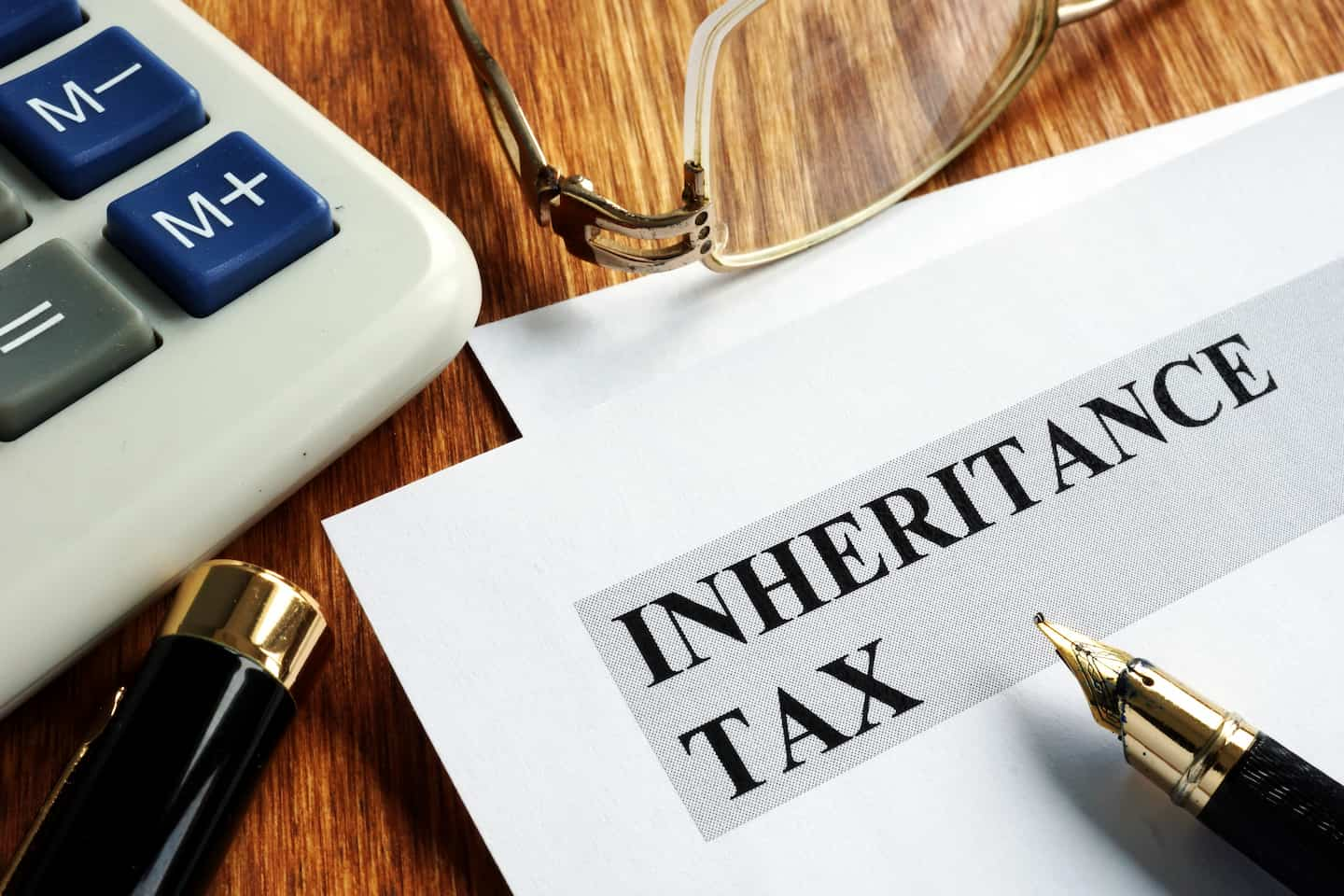One of the most common questions people ask is, “Do you get taxed on inheritance in Australia?”
Australia abolished estate and inheritance duties in 1979. That means you do not pay tax just for receiving money, property, or other assets from a loved one’s estate.
This can be confusing because many countries, like the UK and US, still charge estate or inheritance tax. In Australia, that system no longer applies.
However, “no inheritance tax” does not mean “no tax at all”. Depending on what you inherit, different tax rules may still apply, particularly capital gains tax, superannuation death benefits, or ongoing income from inherited assets.
If you want to stay on top of tax rule changes, see our guide to Tax Changes for 2024–25.
When Inheritance Can Still Trigger Tax
Even though there is no inheritance tax in Australia, some assets you inherit can still create tax obligations. The three main areas to understand are capital gains tax, superannuation death benefits, and inherited income.
1. Capital Gains Tax (CGT)
You do not pay CGT when you first inherit an asset. Tax only arises if and when you sell or dispose of it in the future.
How it works
- The cost base is usually the deceased’s original purchase price.
- If the asset was bought before 20 September 1985, when CGT began, the cost base is reset to the market value on the date of death.
Example
If your parent bought an investment property for $200,000 and you sell it later for $600,000, you may have to pay CGT on the $400,000 gain, less any discounts or exemptions.
Main residence exemption
If you inherit the deceased’s home, and it was their main residence and not rented out, you may avoid CGT if you sell it within two years of death. Extensions can sometimes be granted by the ATO.
Use the Tax Return Calculator to estimate how CGT might affect your situation.
2. Superannuation Death Benefits
Superannuation is treated differently from other assets. Tax depends on whether the recipient is considered a tax dependant under super law.
- Dependants such as a spouse, de facto partner, or child under 18 usually receive super tax free.
- Non dependants such as independent adult children or siblings may need to pay tax on the taxable component of the payout. The usual rate is 15% plus 2% Medicare levy, which totals 17%. In some cases, where the payout includes an untaxed element that is common in certain public sector funds, the rate can be up to 32%.
Example
An adult child inheriting a $100,000 super benefit may pay around $17,000 in tax on the taxable component.
3. Estate and Inherited Income
- Before distribution: If the estate earns income before the assets are passed on, for example rent from a property or dividends from shares, the estate must declare and pay tax on that income.
- After distribution: Once the assets are transferred, any ongoing income is taxed at the beneficiary’s own marginal tax rate.
Example
You inherit a property that generates $25,000 in rent each year. That $25,000 must be included in your individual tax return.
You can estimate how additional income may affect your result with the Income Tax Calculator.
Common Misconceptions
- “Cash inheritances are taxed”: Incorrect. Inheriting cash is tax free. Once it is in your account, it is yours to use freely.
- “There is no tax at all on inheritance”: Misleading. While there is no dedicated inheritance tax, CGT, superannuation tax, or income tax may still apply.
- “All superannuation is tax free when inherited”: Only if the recipient is a tax dependant. Non dependants often pay tax on the taxable component.
- “The estate pays all the tax”: Not always. The estate pays tax only on income earned before distribution. After you inherit assets, you are responsible for tax on any future income.
To stay organised, review our Tax Return Checklists before you lodge.
Planning Ahead and Practical Tips
- Keep records: For inherited property or shares, keep documents showing when the asset was purchased and for how much. This is essential for CGT calculations.
- Understand superannuation rules: Families can plan ahead by nominating dependants in superannuation, which can reduce or eliminate tax.
- Plan for future income: If you inherit rental properties, dividends, or other income producing assets, remember that this income must be declared each year.
- Use available discounts: If you sell an inherited asset that you have held for more than 12 months, you may be eligible for the 50% CGT discount.
- Seek professional help: Inheritance can involve multiple tax rules. A registered tax agent can ensure everything is reported correctly and that you do not miss out on deductions or exemptions.
Key Takeaway
Australia does not have inheritance tax. However, depending on what assets you inherit, you may face capital gains tax when you sell an inherited asset, superannuation death benefit tax for non dependants, and income tax on income from inherited assets.
Understanding these rules and getting professional advice where needed can make the process smoother and may save you money.
Lodge your tax return online when you are ready.


